From tech moguls like Bryan Johnson chasing immortality with potions and pills to overreliance on antidepressants, we often see healthcare as simply about finding the right drug – but this is a mistake. While these treatments have their place, philosopher Ian James Kidd argues we’re too quick to reach for invasive scans and prescriptions, which can do more harm than good. In our rush to diagnose, we’ve reduced health to biological functioning alone, seeking neat definitions of disease as mechanical failure. A wider understanding of health, as involving subjective experience and the ways that we make life meaningful, will better prepare us to deal with the uncertainties about our own bodies that come with our mortality.
Scientific medicine has transformed how we experience, understand and cope with our mortality. By “mortality,” I mean the truth that aging, illness, dying, and death are integral to human existence. Our bodies and minds are vulnerable to injury and deterioration due to time, use, neglect, abuse, dangerous environmental conditions, and much more. Notwithstanding scientific medicine’s incredible achievements, I agree with Atul Gawande when he argues that its “most cruel failure” is not helping the aged and sick find and sustain “meaning in life.” Gawande wants to “refashion our institutions, our culture, and our conversations in ways that transform the possibilities for the last chapters of everyone’s lives.”
___
Illness often makes philosophical issues come “alive” for us.
___
The claim that doctors and nurses ought to be concerned with philosophical issues about meaning is popular these days. Barbara Ehrenreich’s last book, Natural Causes, condemns the “epidemic of wellbeing,” the imperative to persist with invasive scans and expensive treatments, rather than seek gentler accommodations to our aging bodies. Her final chapter discusses “the death of the self,” fear and regret at the prospect of an ongoing world we will never know, and reconciling the inevitability of our own death with “joyous” experience of a world that “seethes with life.” Philosophers, too, ask how illness and aging should disturb our sense of how and why to live, as we see in Kieran Setiya’s Life is Hard and Kevin Aho’s One Beat More. The deep relation of medicine to meaning is therefore a common concern of doctors, nurses, cultural commentators, philosophers, and many others.
Illness often makes philosophical issues come “alive” for us. Existentially dramatic questions about “the meaning of life” become suddenly real when the consultant tells us we have only six months left of it. A striking concern of many illness narratives is philosophical uncertainty—Was I a good person? What does it mean to live a good life? What really matters in the end? Questions asked casually in a seminar room become stark demands which cannot be refused. The philosopher Havi Carel, who has a life-limiting lung condition, sees illness as a source of philosophical motivation and insight. Mortality expresses various “facts of life”—finitude, contingency, painful kinds of dependency, and physical and emotional vulnerability. If that is right, existential and philosophical concerns are integral to mortality.
But is Gawande right to think they should be a concern of medicine? Does medical concern for health extend to issues of the meaning of life? I think these philosophical questions often emerge in medical contexts, but cannot be properly asked or answered in the language of science. While medics could be trained to engage with philosophical issues, we can also work towards more collaborative divisions of labour.
Naturalism and disease











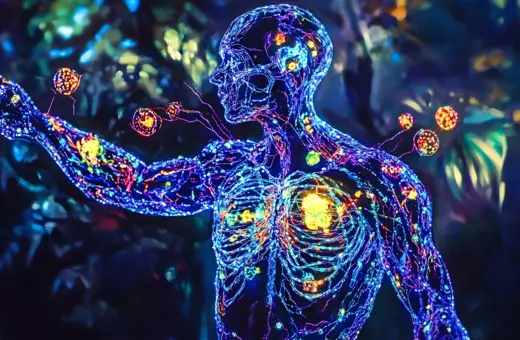
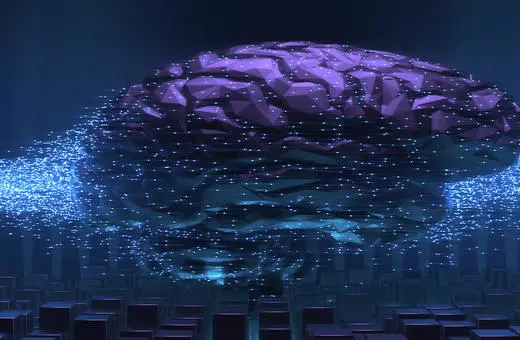
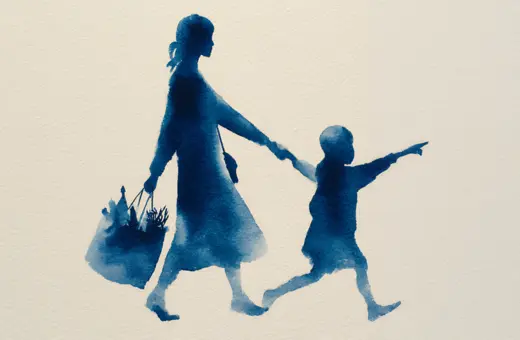
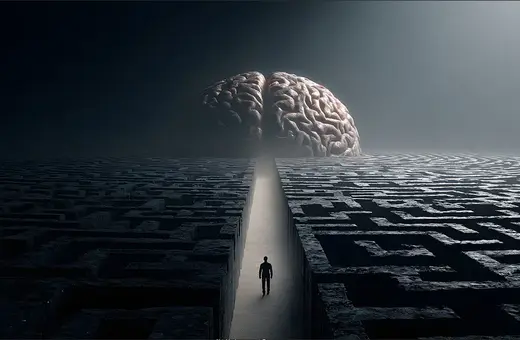

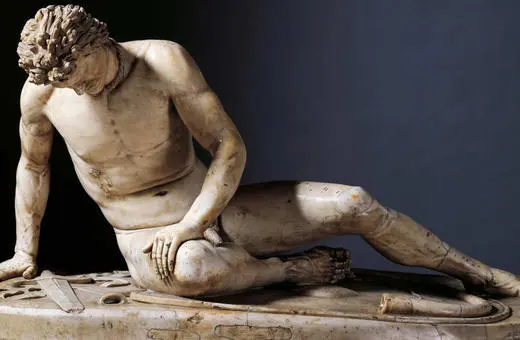
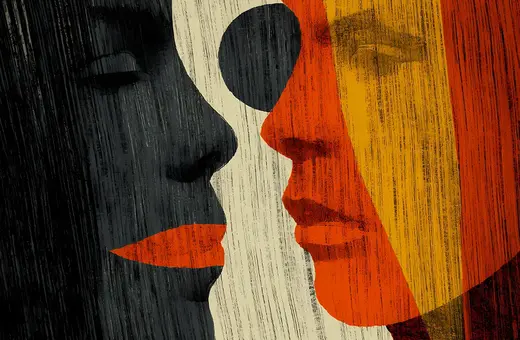
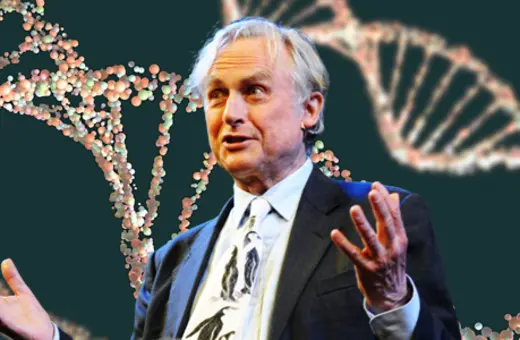



Join the conversation